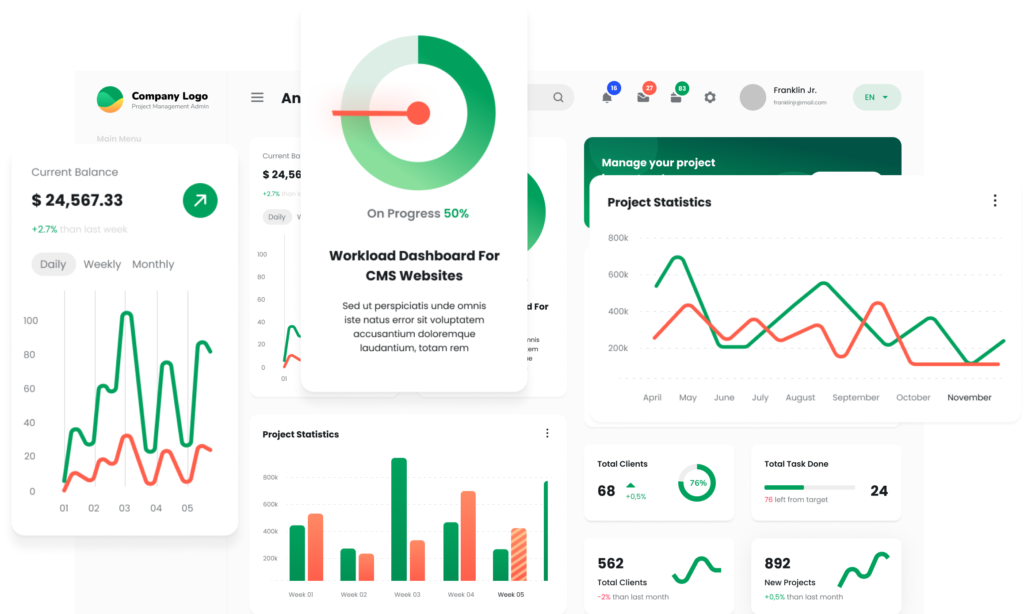What is a Salary Framework
 A salary framework, also known as a salary structure or compensation framework, is a system that organizations use to define and standardize employee compensation. It’s an essential tool in strategic human resource management and salary management, helping to ensure that pay levels for various job positions are consistent, fair, competitive, and aligned with the organization’s overall goals and budget. Key components and characteristics of a salary framework include:
A salary framework, also known as a salary structure or compensation framework, is a system that organizations use to define and standardize employee compensation. It’s an essential tool in strategic human resource management and salary management, helping to ensure that pay levels for various job positions are consistent, fair, competitive, and aligned with the organization’s overall goals and budget. Key components and characteristics of a salary framework include:
- Pay Scales and Grades: The framework categorizes jobs into different levels or grades, each with its own pay range. These levels are usually determined based on factors such as the complexity of the role, required qualifications, experience, and responsibilities.
- Market Competitiveness: Salary frameworks are often developed with an eye on market competitiveness. This involves researching and benchmarking against what other companies in the same industry or region pay for similar roles.
- Internal Equity: The framework ensures internal equity, meaning employees in similar roles with similar experience and performance levels are compensated fairly in relation to each other.
- External Equity: It also considers external equity, ensuring that the organization’s pay scales are competitive with what is being offered in the market for similar jobs, which helps in attracting and retaining talent.
- Salary Ranges: Each grade or level in the framework has a salary range with a minimum, midpoint, and maximum pay. These ranges allow for differentiation based on individual performance, experience, and tenure.
- Clear Progression Pathways: A well-defined salary framework offers clear progression pathways for employees. It outlines how employees can move from one grade to another, typically through promotions or by acquiring additional skills and responsibilities.
- Flexibility: While providing structure, a good salary framework also allows for some flexibility to account for unique roles or exceptional employee performance.
- Legal Compliance: The framework is designed to comply with all relevant laws and regulations related to wages, such as minimum wage laws and equal pay for equal work.
- Performance and Reward Linkage: Many frameworks incorporate a system for linking salary progression to performance, often through performance appraisals and merit increases.
- Periodic Review and Updates: Salary frameworks are not static; they require regular reviews and updates to ensure they stay relevant with changing market conditions, organizational needs, and inflation.
Key Components of a Salary Framework
- Job Evaluation: A systematic analysis of each position’s duties, responsibilities, required skills, knowledge, and impact on the organization. This helps determine the relative value of each role.
- Salary Ranges: Broad pay bands established for each job grade or level. These ranges have a minimum, midpoint, and maximum salary, allowing for flexibility within each position.
- Market Benchmarking: Researching salaries for comparable jobs in your industry, geographic location, and company size. This helps set competitive compensation levels.
- Internal Equity: Ensuring that employees with similar skills, experience, and job responsibilities are paid fairly relative to each other.
- Performance Considerations: The framework might include guidelines for merit-based raises, bonuses, or other compensation adjustments linked to individual performance.
Why Salary Frameworks Matter
- Attraction and Retention: Competitive and fair salary frameworks help attract top talent and reduce unwanted turnover.
- Transparency and Fairness: Reduces perceptions of bias or favoritism in pay decisions by providing a clear rationale.
- Budgeting: Aids in financial planning by providing structure for forecasting payroll expenses.
- Compliance: Helps ensure pay practices adhere to labor laws and regulations.
- Employee Motivation: A sense of fairness and potential for pay growth based on performance boosts employee morale.
In summary, a salary framework is a comprehensive tool that helps organizations manage employee compensation in a systematic, fair, and strategic manner. It aids in budget planning, promotes fairness and transparency, and helps attract and retain qualified personnel while supporting the organization’s strategic objectives.






